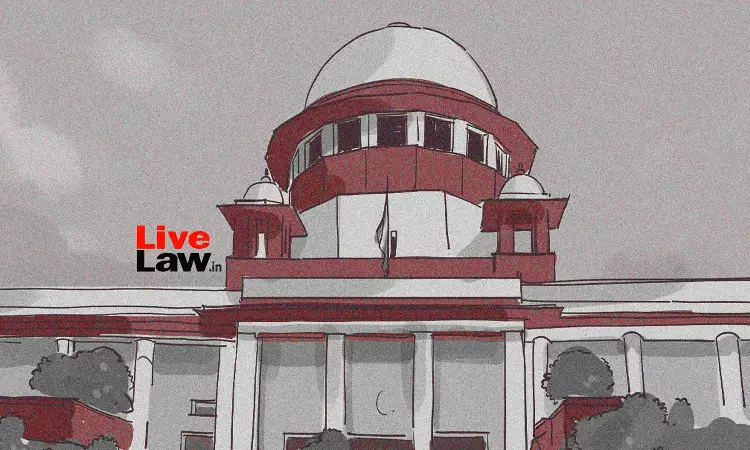Order XII Rule 6 CPC | Judgment Can't Be Delivered Based On Unclear, Ambiguous & Conditional Admissions: Supreme Court
Yash Mittal
9 Oct 2024 3:52 PM IST

Next Story
9 Oct 2024 3:52 PM IST
Recently, the Supreme Court observed that as per Order XII Rule 6 of the Civil Procedure Code, 1908 (“C.P.C.”), a judgment can't be delivered based on an unclear and ambiguous admission.According to the court, when the testimony supplied in an admission contains both mixed questions of fact and law then such an admission against the law can never be an “admission” as visualized...
